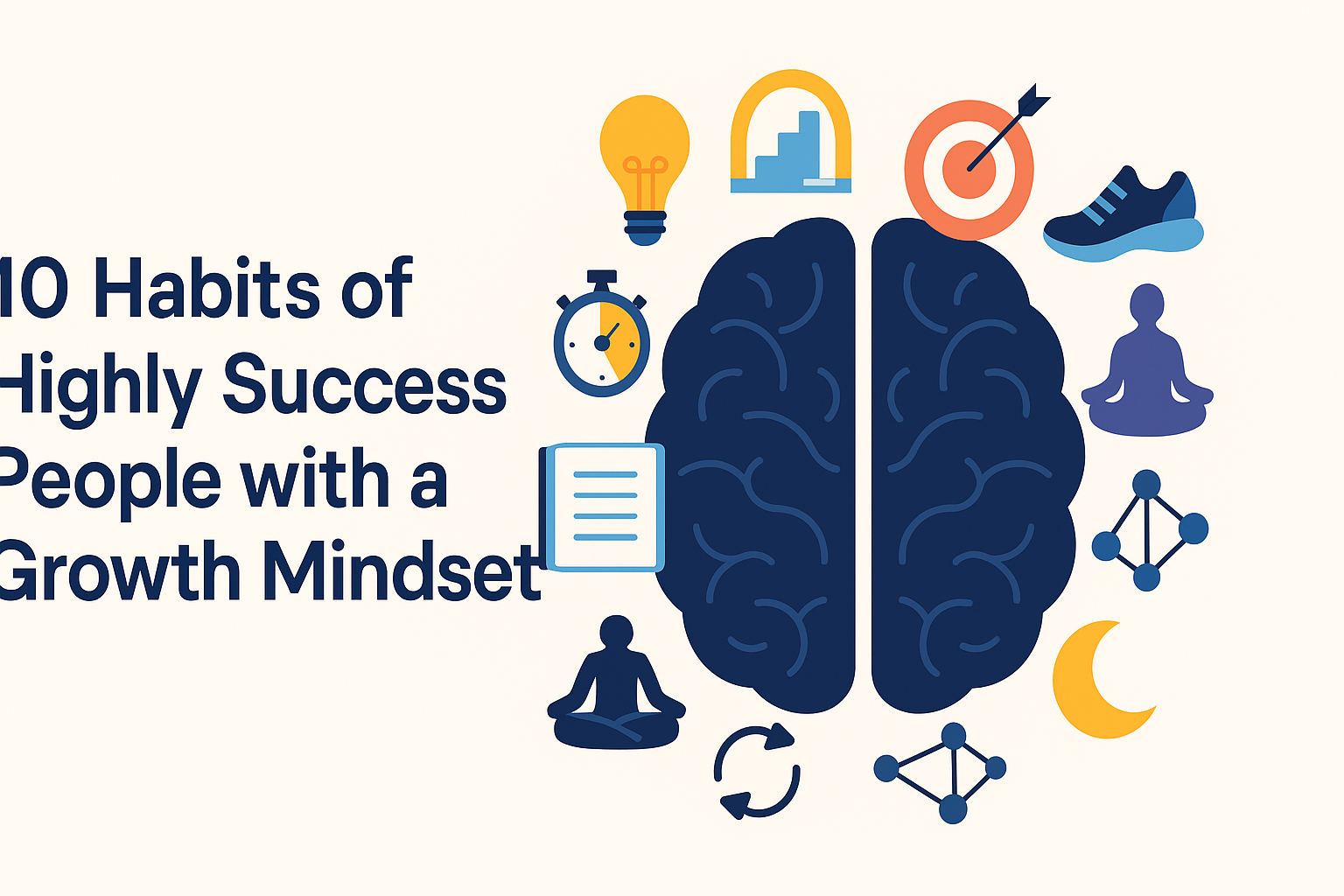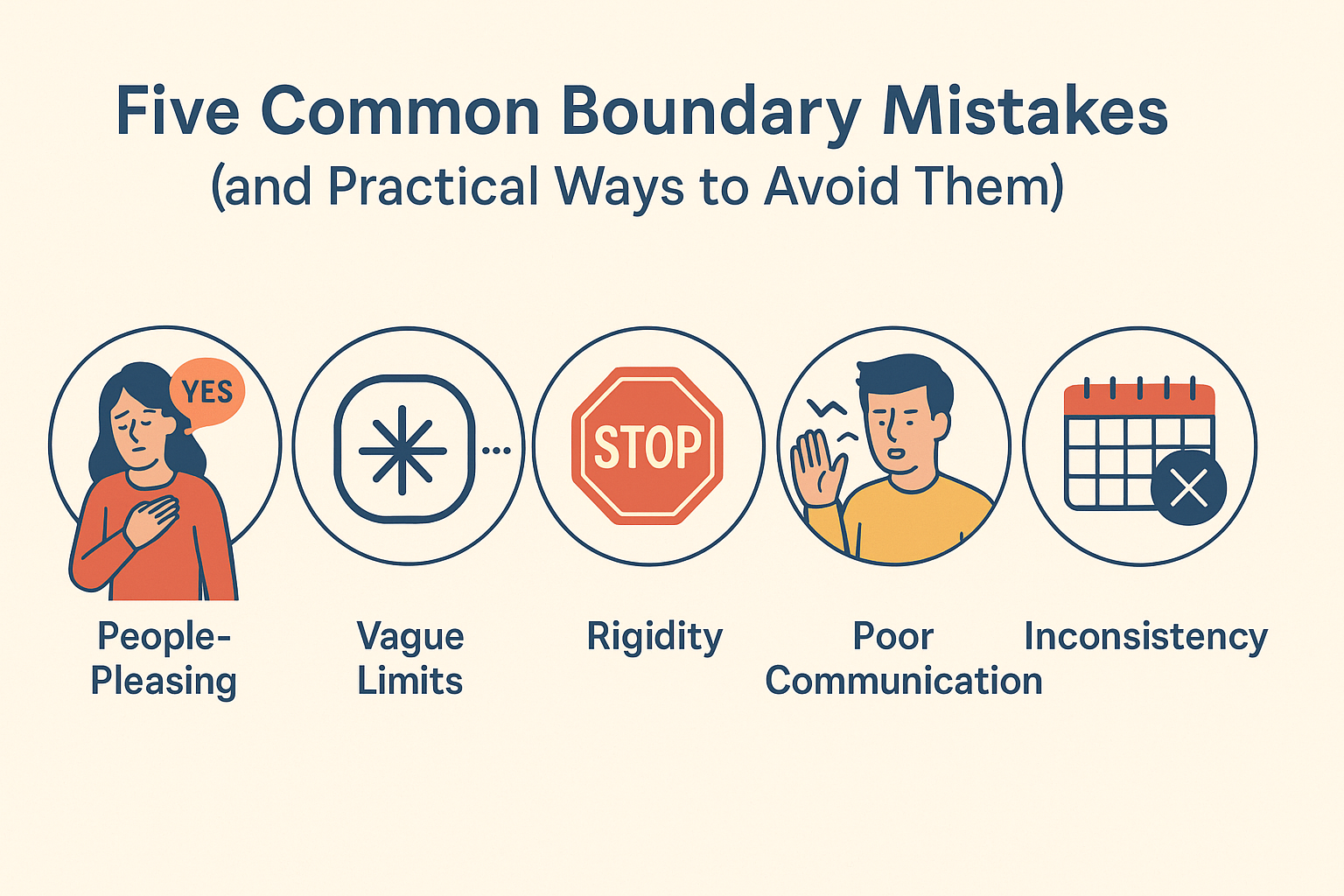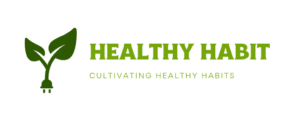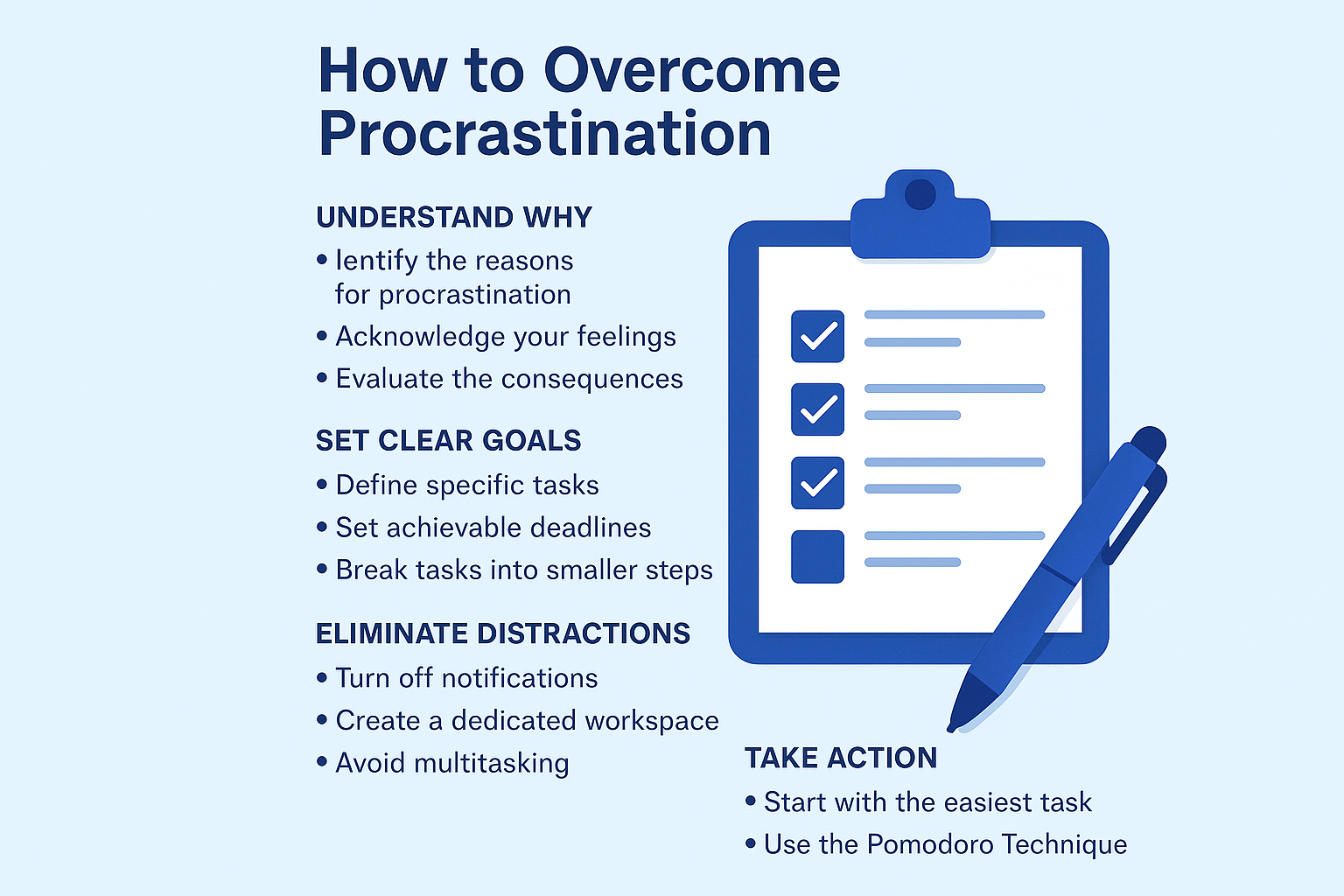Staying hydrated is important for all parts of health, from keeping your body temperature stable and your joints lubricated to improving your brain function and helping your digestion. But there are a lot of different pieces of advice out there, like “Drink eight glasses a day,” “Follow the 1/2 your body weight in ounces rule,” or “Just drink when you’re thirsty.” How do you cut through all the noise and find the exact amount that’s right for you? In this full guide based on EEAT, we’ll look at:
- The science behind how much water you need
- Daily recommendations based on age, gender, activity level, and climate that are trusted
- Things that make your needs go up or down
- Ways to figure out how much each person should eat
- Myths and false beliefs have been proven false.
- Signs that you are dehydrated or overhydrated
- Useful advice to stay on track
- Questions that are asked a lot
- References that have been looked over by experts
Let’s get started.
Why Staying Hydrated Is Important
Water makes up about 60% of an adult’s body weight and is the medium for almost all cellular processes. Getting enough water:
- Controls the temperature of the body. You get rid of heat and keep your body temperature stable (37 °C or 98.6 °F) by sweating and breathing.
- Helps keep your heart healthy. Blood volume depends on getting enough fluids. Even mild dehydration can put stress on the heart, raising heart rate and blood pressure.
- Improves brain function. Studies show that losing 1–2% of body weight through fluid loss makes it harder to concentrate, remember things, and feel good.
- Helps with digestion and moving nutrients around. Water helps break down food, keeps you from getting constipated, and sends nutrients to cells.
- Keeps the kidneys and bladder safe. Drinking enough water helps thin out urine, which lowers the risk of kidney stones and urinary tract infections.
Because of these important roles, you must make sure you drink enough water.
What the Experts Say About Standard Reference Intakes
The National Academies of Sciences, Engineering, and Medicine (NASEM) in the U.S.
- Men (19 years and older): 3.7 liters (about 125 ounces) of water from all drinks and foods every day
- Women (19 and older): 2.7 liters (about 91 ounces) of water a day
Important: “Total water” includes drinks (like tea, coffee, juice, and water) as well as water in foods (about 20% of what you eat).
Source: Dietary Reference Intakes
EFSA (European Food Safety Authority)
- Men (14 years and older): 2.5 L of drinks and about 0.7 L of food per day
- Women (14 years and older): 2.0 L of drinks and about 0.6 L of food per day
Source: EFSA Scientific Opinion on Dietary Reference Values for Water (2010)
The World Health Organization (WHO)
WHO doesn’t give specific daily volumes, but it does stress that local needs must be met, taking into account things like climate, diet, and levels of physical activity.
Things That Affect What You Need Every Day
Standard guidelines are a good place to start, but everyone’s needs are different. Think about these people who have an effect on you:
- Age: Infants and older adults may need close monitoring because older adults often don’t feel as thirsty as they used to. Men usually have more lean body mass than women, so they need more water.
- Size of the Body: More fluid is needed for a body with a bigger surface area and weight.
- Level of Activity: Exercise makes you sweat more, which makes you lose more fluids. Try to replace 120–150% of what you lose through sweat during long workouts.
- Climate: Hot, humid, or high-altitude places make you sweat more and lose more water through your lungs.
- What You Eat: Diets that are high in protein, fiber, and salt need more fluids. Fruits and vegetables add fluids.
- Health Status: Illnesses that cause fever, vomiting, diarrhea, or loss of urine increase the risk of dehydration.
- Pregnancy and breastfeeding: It is recommended to drink an extra ~300 mL per day during pregnancy and ~700–750 mL per day while breastfeeding.
Finding Out How Much You Should Eat
You can make your goal more specific instead of just using general numbers:
- Method of Body Weight
Drink 0.033 L (33 mL) times your body weight in kg.
For example, 70 kg × 0.033 L/kg = 2.31 L/day. - Change in Activity
If you do moderate to intense exercise for 30 minutes, drink about 350 to 700 mL.
For example, if you jog for 60 minutes, add about 700 to 1400 mL. - Changing the Environment
If you live in a hot climate, raise the baseline by 10% to 20%. - Change in Diet
Add about 200–500 mL to diets that are high in protein or fiber.
Putting it all together:
A person who weighs 70 kg, lives in a warm climate, works out for an hour every day, and eats a lot of protein might need:
2.31 L (baseline) + 1.0 L (exercise) + 0.3 L (climate) + 0.3 L (diet) = about 3.9 L/day
Breaking Down Common Myths
- “You have to drink eight glasses of water every day.”
There is no scientific reason for 8 × 8 oz. It probably came from a food guide in 1945 and has been misunderstood ever since. - “Thirst Means You’re Dehydrated.”
Thirst is a sign that comes later. Try to drink small amounts of water throughout the day instead of waiting until you’re thirsty. - “Caffeinated Drinks Make You Lose More Fluid.”
Drinking moderate amounts of coffee or tea is a good way to stay hydrated; habitual users don’t have much of a diuretic effect. - “Clear urine is always a good sign.”
If your urine is very pale, it could mean that you are drinking too much water. A light straw color is usually best.
How to Tell When You’re Dehydrated or Overhydrated
Signs that you are dehydrated
- Urine that is dark yellow
- Dry lips, mouth, and eyes
- Dizziness and headaches
- Tiredness, anger
- Cramps in the muscles
Signs that you are drinking too much water (hyponatremia)
- Feeling sick and throwing up
- Headache, being confused
- Swelling, especially in the hands and feet
- In serious cases, seizures and coma
Warning: Drinking too much water without replacing sodium during endurance events can be dangerous.
Ways to Reach Your Hydration Goals
- Bring a bottle that you can use again. Having water nearby makes it easier to drink often.
- Set reminders for certain times. Set alarms or apps to go off every one to two hours.
- Add Flavor Naturally. Add cucumber, lemon, or berries to water to make it more appealing.
- Eat foods that keep you hydrated. Watermelon, cucumbers, oranges, and broth-based soups are all good sources of fluids.
- Keep an eye on your output. Try to get 6 to 8 light-colored voids every day.
- Use Routine. Drink when you wake up, before and after workouts, and with every meal.
Questions That Are Often Asked
Q1: Is it enough to count only plain water?
A1: All drinks (coffee, tea, milk) and moisture in foods count toward your total water intake. Plain water is best, but tea, juice, and foods with a lot of water also count.
Q2: How do I change my intake while I’m traveling?
A2: The air in airplanes is very dry, so drink water every 30 minutes and stay away from too much caffeine or alcohol.
Q3: Do you need to take extra electrolytes?
A3: No, not for normal daily activities. Electrolyte drinks can help keep sodium levels in check during long (>90 minutes) or hard workouts in hot weather.
Q4: Is it possible to drink too much water?
A4: Yes. Headache, confusion, and seizures are all signs of hyponatremia. If you drink more than 1 L/hour for several hours, sip slowly and add electrolytes to your water to avoid overhydration.
Q5: Is it better to drink sports drinks than water?
A5: Plain water is enough for workouts that last less than an hour. Low-sugar electrolyte drinks can help you perform better and recover faster during longer or very intense sessions.
Final Thoughts
There is no one-size-fits-all way to stay hydrated. General guidelines say that men should drink 3.7 liters and women should drink 2.7 liters. However, you should adjust your intake based on your body weight, activity level, diet, and environment to make sure you meet your own unique physiological needs. Stay on top of things: drink regularly, check the color of your urine, and make changes for exercise or heat. By using simple tracking habits and basing your strategy on science, you can improve every part of your health, from your mental sharpness to your heart’s ability to handle stress.
References
- Centers for Disease Control and Prevention. “Water and Healthier Drinks.” CDC, 2022. https://www.cdc.gov/features/water-consumption/index.html
- American Heart Association. “Dehydration Can Strain Your Heart.” Heart.org, July 20, 2021. https://www.heart.org/en/news/2021/07/20/dehydration-can-strain-your-heart
- Benton, David & Young, Heather A. “Do small differences in hydration status affect mood and mental performance?” British Journal of Nutrition, 2015. https://www.ncbi.nlm.nih.gov/pmc/articles/PMC2908954/
- National Kidney Foundation. “Water and Kidney Health.” NKF, 2023. https://www.kidney.org/atoz/content/water-and-kidney-health
- Baker, L.B. et al. “Exercise-associated hyponatremia: 2015 update.” Journal of the International Society of Sports Nutrition, 2018. https://jissn.biomedcentral.com/articles/10.1186/s12970-018-0210-4
- American College of Obstetricians and Gynecologists. “Nutrition During Pregnancy.” ACOG, 2022. https://www.acog.org/womens-health/faqs/nutrition-during-pregnancy
- National Academies Press. Dietary Reference Intakes for Water, Potassium, Sodium, Chloride, and Sulfate. 2005. https://www.nap.edu/read/10925/chapter/2
- Killer, S.C. et al. “No evidence of dehydration with moderate daily coffee intake: a counterbalanced cross-over study in a free-living population.” PLOS ONE, 2014. https://pubmed.ncbi.nlm.nih.gov/19562875/
- UpToDate. “Hyponatremia in endurance athletes.” UpToDate, 2024 (accessed July 2025). https://www.ncbi.nlm.nih.gov/books/NBK534792/





































